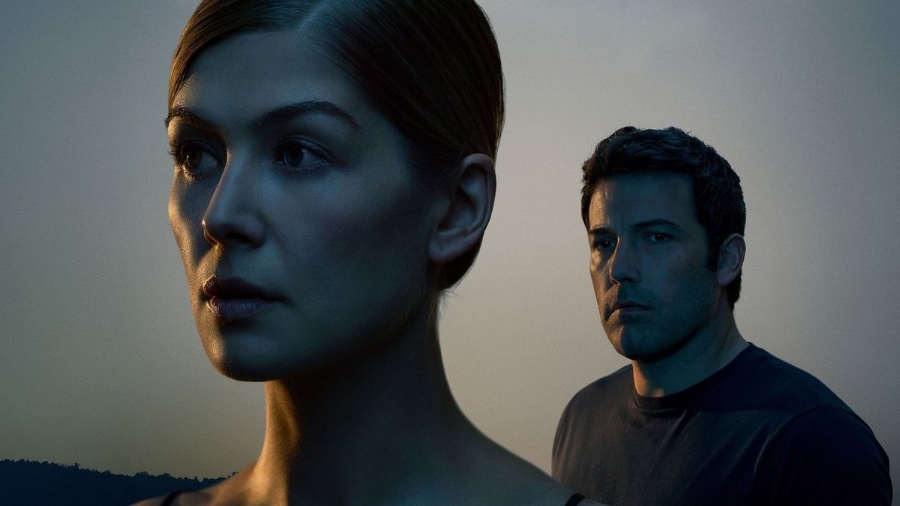
image: 20th Century Fox
Reese Witherspoon made headlines in 2012 for being one of the leading forces behind the making of the $370 million-grossing film “Gone Girl.” Now the actress/producer is among a group being sued by a writer who claims the “Gone Girl” novel and screenplay is a blatant rip-off that consists of “striking and substantial similarities” to a copyright-protected screenplay she wrote 7 years earlier and shopped around to literary agents for publication.
According to the lawsuit, which was filed on Wednesday in a federal court in Illinois, Leslie Weller alleges that Laura Jeanne Reese Witherspoon, author Gillian Flynn, Twentieth Century Fox Film Corporation, and director David Fincher, among others, stole the plot of her screenplay, “Out of the Blue,” which she submitted in 2005 to a literary agent with ties to the defendants, and turned it into a best-selling book and Hollywood screenplay.
Flynn is also being singled out for allegedly infringing Weller’s copyright-protected screenplay with her own 2012 “Gone Girl” novel, which one of the film’s executive producers, Leslie Dixon, read and brought it to the attention of Reese Witherspoon in December 2011. Witherspoon and Dixon collaborated with Bruna Papandrea, Witherspoon’s producer partner, to further develop the manuscript.
According to Weller’s complaint, the “Gone Girl” book and film share “striking, substantial, and numerous similarities” to her screenplay, which received federal copyright protection in August 2007. In particular, Weller alleges that “Out of the Blue” and the “Gone Girl” novel and film “contain striking and substantial similarities in terms of their (i) premise and plot, (ii) structure, (iii) scene content, (iv) character biographies and psychological composition, and (v) idiosyncratic authorial choice (including stand-alone details, scene sequencing, and recurrent themes).”
Weller alleges that such “shared content,” which she documents in upwards of seven pages in the complaint, includes, for instance, “Both [‘Out of the Blue’] and the [‘Gone Girl’] contain [a] key twist, embodied by a scene in the second half of each of the works to show the female lead’s attitude change toward the male lead when she learns of his less-tame nature. The female lead starts to admire this aspect of the male lead’s personality. She then seeks to reunite with the man whom she tried to kill and whom she had also hated for being dismissive and nasty toward her.”
Another key similarity, per Weller: “Both [‘Out of the Blue’] and the [‘Gone Girl’] contain a key twist: As more information about the husband emerges, the likelihood of the husband’s guilt increases until it is revealed at the midpoint that the husband was innocent. The wife is not the nice, normal, and somewhat naïve housewife who was portrayed in the first half of the work and is, in fact, a psychopath. She wanted her husband dead, so she set up the incident that made it appear to the reader that the husband was responsible for hurting his wife. When this discovery is made, everything the reader knew about the story and the two lead characters comes into question, and the reader realizes that conversations, statements, and attitude were not always what they had seemed. When the husband discovers who the female lead really is, he expresses a desire to kill her.”
In connection with her complaint, Weller is seeking injunctive relief, which – if granted – ould immediately and permanent require the defendants to cease “reproducing, selling, distributing, publicly performing, or making derivative works of [Weller’s screenplay].” She has asked the court to “order the impoundment or destruction of all copies of the infringing work in the possession or control of any of the defendants.” And still yet, Weller is seeking a whole slew of monetary damages, including – but not limited to – a disgorgement from the defendants of “all gains, profits, and advantages derived by their copyright infringement,” which would be in the multi-millions.
* The case is Weller v. Flynn et al, 1:17-cv-08799 (N.D. Ill.).







